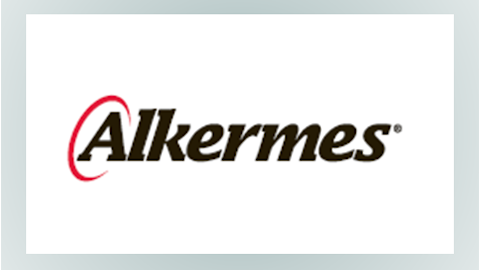Picking the best dividend stocks isn’t just a matter of finding the highest-yielding picks. Top dividend stocks mix stable, profitable companies with dividends that will pay rewards for the long run. Two well-recognized diversified health care companies certainly meet the criteria for stability and profitability: Abbott Laboratories (NYSE:ABT) and Johnson & Johnson (NYSE:JNJ). These are two of the biggest names in health care, and each sports a compelling reason for picking its dividend.

Just which one is the better pick for investors searching for the perfect dividend? Let’s compare the two top-notch companies head to head to pick a long-term winner.
Dividend investors’ delights
Both Johnson & Johnson (NYSE:JNJ) and Abbott Laboratories (NYSE:ABT) are dividend aristocrats — members of the S&P 500 (INDEXSP:.INX) that have raised their dividends for at least 25 consecutive years. Abbott Laboratories (NYSE:ABT) officially cut its dividend due to the spinoff of former pharmaceutical arm AbbVie Inc (NYSE:ABBV) early this year, but the S&P overlooked that — and for investors, the company’s post-pharmaceutical life is all that matters now. Considering that Abbott Laboratories (NYSE:ABT)’s business changed fundamentally with the spinoff, the dividend drop this year is something we can safely overlook.
Just looking at the company’s yield, Johnson & Johnson (NYSE:JNJ) offers a higher reward than Abbott Laboratories (NYSE:ABT), with a 2.9% yield to the latter’s 1.6%. Neither company stretches their finances too thin to pay those dividends, either, with Johnson & Johnson (NYSE:JNJ) sporting a 55% dividend payout ratio compared to Abbott Laboratories (NYSE:ABT)’s 52% ratio. Both payout ratios compare favorably to many big pharma leaders with top dividends, and they offer Abbott and Johnson & Johnson (NYSE:JNJ) plenty of flexibility to continue raising their dividends in the future.
It’s when we dig into the two companies’ businesses that the real differences stand out. Abbott’s spinoff of AbbVie Inc (NYSE:ABBV) lost the company star immunology drug Humira, a $9 billion sales king last year that fuels more than 50% of AbbVie Inc (NYSE:ABBV)’s sales now. It changed one of big pharma’s best into one focused on nutritional products, medical devices, and other areas. Abbott’s not in danger because of the loss, but branded pharmaceuticals provide high profit margins for top big pharma firms — something that Abbott will have to replace in the future.
Meanwhile, Johnson & Johnson (NYSE:JNJ)’s pharmaceutical business has emerged as the company’s growth driver. Immunology star drug Remicade — a top competitor of Humira that pulled down more than $6 billion last year — anchors the company’s division. Growing therapies like cancer drug Zytiga, which nearly hit blockbuster status last year with more than $960 million in sales, and recently approved diabetes medication Invokana — which has compared favorably to Merck & Co., Inc. (NYSE:MRK)‘s diabetes-fighting Januvia, a drug that made more than $5 billion for the firm last year — should provide sales strength for Johnson & Johnson for years to come.
With Remicade’s patent lasting for several more years and Zytiga and Invokana — along with other recently approved drugs — safely secure for years to come, it’s safe to say that the company’s pharmaceutical sales make a compelling case among big pharma’s best even before including J&J’s other businesses.
Downsides to both stocks
It’s not as if Abbott doesn’t have a growth driver of its own, however. The company’s nutritionals segment has exploded in emerging markets. International nutritionals sales grew by 15% for pediatric products and 13% in adult products last year, and emerging market sales grew 13% in Abbott’s second quarter this year — powered by big boosts from Russia and China, among other leading developing economies. With baby formula demand climbing in growing economies like China and India, expect this division to remain a stable foundation of Abbott’s future. It’s already the company’s largest division by sales in its post-pharmaceuticals life.





